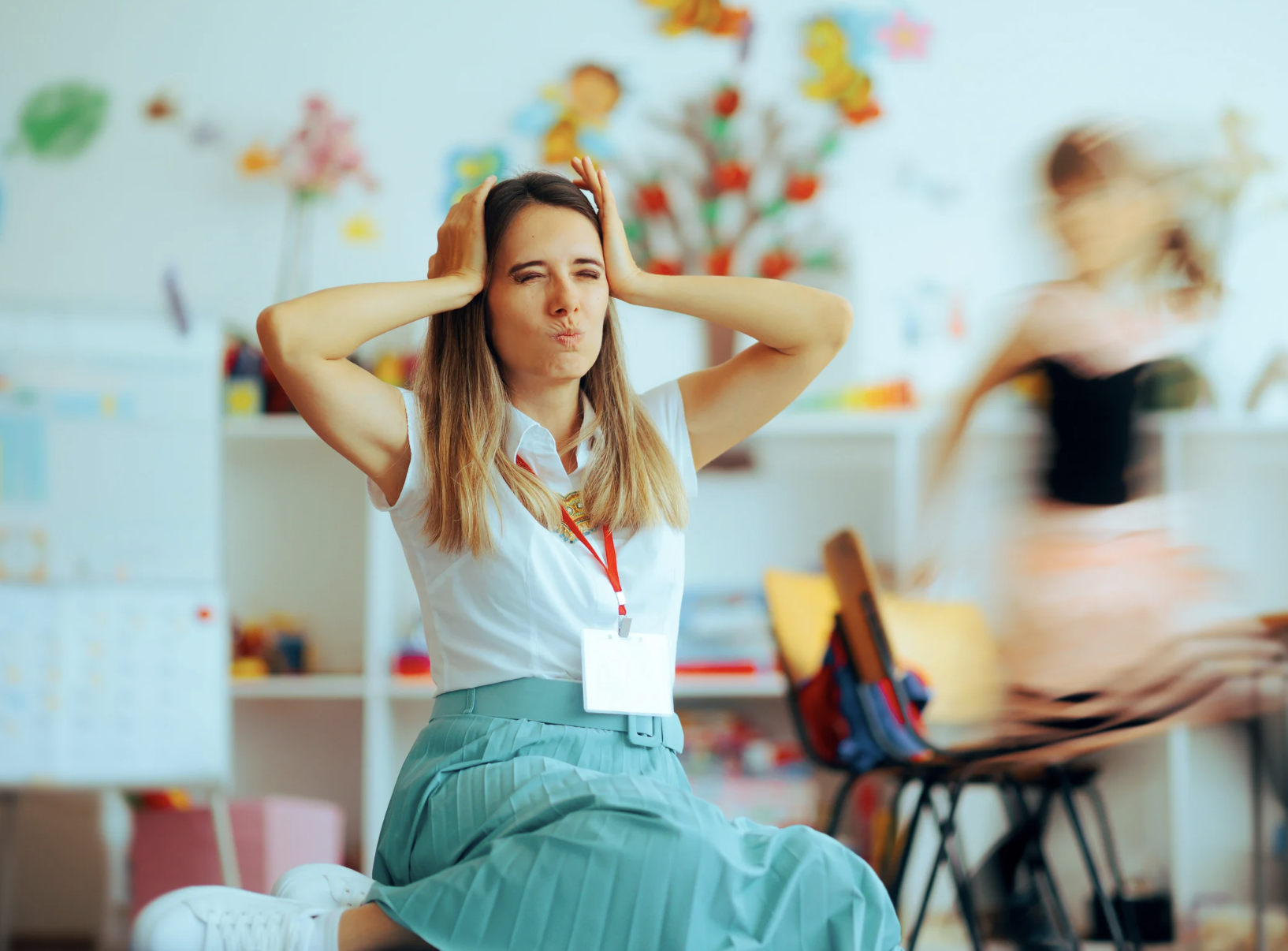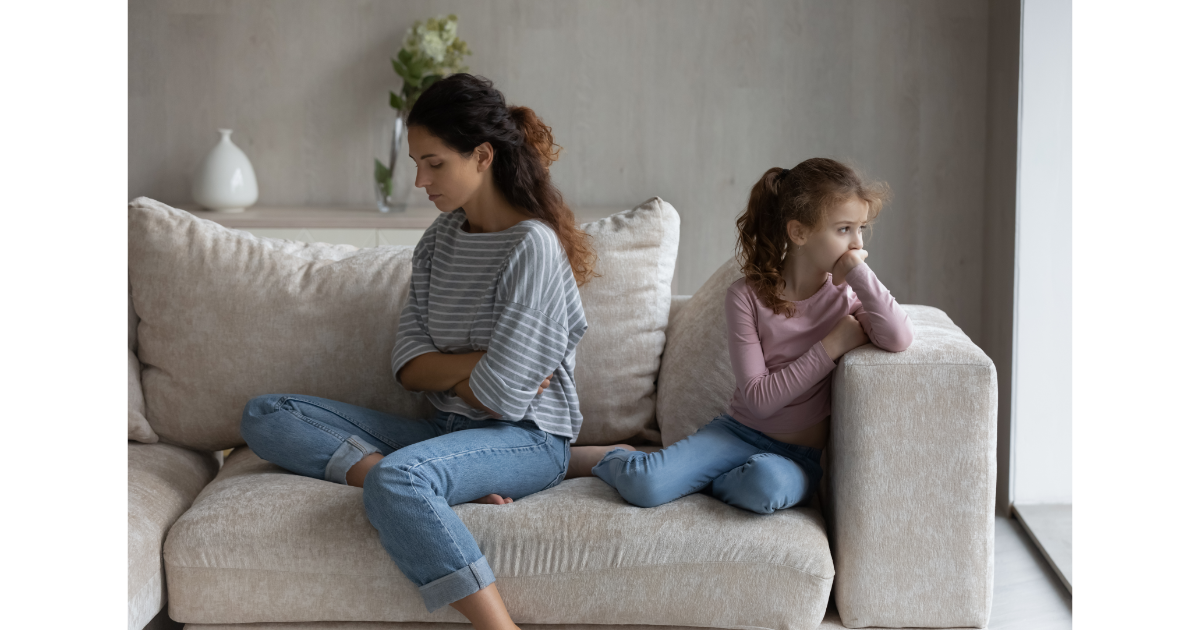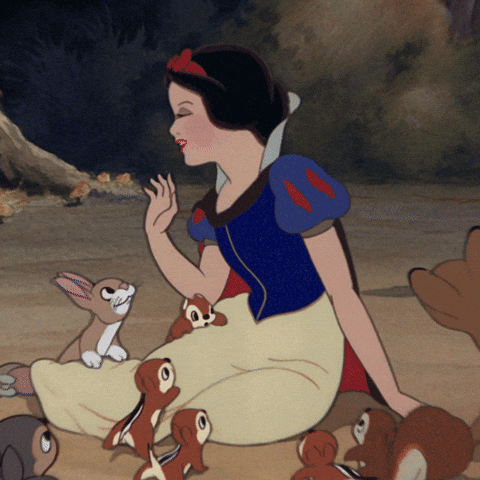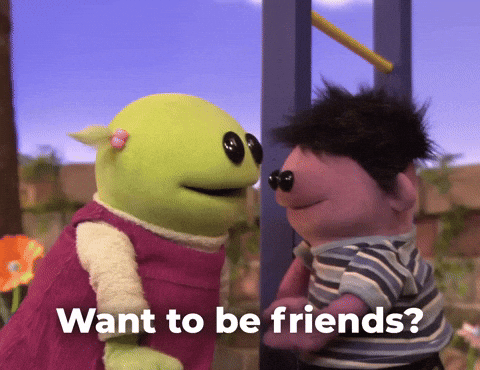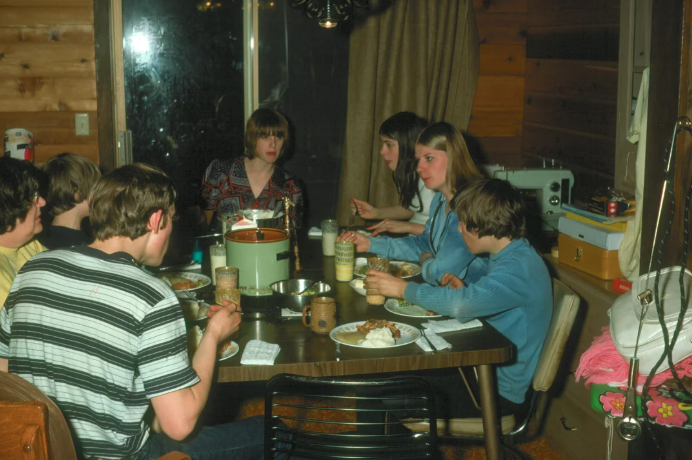A great book accomplishes many things: It should tell a powerful story, make you reflect on the subject at hand, and maybe even start a thoughtful conversation with other people in our lives. Around the holidays, especially leading up to the New Year, is a great time to kick back and treat our minds to some thoughtful and engaging prose.
Modern American literature is rich with a diverse set of stories from men and women across the political spectrum, sharing their takes on the art of living. And if you want to go deeper, our shared human history has a nearly endless abundance of tomes on how to live our best lives, in the most meaningful sense that transcends frivolous trends in popular culture.
But a great book, especially one with a socially conscious edge, should challenge our ways of thinking, not just reaffirm that which we already know and believe. So, here is a list of 8 of our favorite books that meet this criteria. No one will be entirely satisfied by our list, and that’s the idea! These books are meant to educate, provoke, inspire and even cause debate. If you’re thinking of starting a book club this year, put down the Harry Potter and Game of Thrones and pick up one of these. You’ll be thankful for it and can proudly display any one of these on your bookshelf or around the office water cooler.

Man’s Search for Meaning by Viktor Frankl
You may truly never find a book full of more tragedy leading directly to direct inspiration and as the title affirms, meaning for life itself. Frankl was a successful psychiatrist in Germany before being sent to a concentration camp during World War II. Surrounded by death and despair, Frankl used the mental notes from a book he was working on to form the basis for logotherapy, a treatment that helps patients find meaning in their lives, something Frankl believed was essential for personal growth and emotional development. The short book (this paperback edition is 192 pages) is nearly evenly split between Frankl’s Holocaust memoir and a latter exploration of his breakthrough therapy. It has sold well over 10 million copies and become a trusted guidebook for mental healthcare professionals, member of 12-Step communities and virtually anyone willing to dig a little deeper for meaning. If you’re looking for the answer to what life is all about this a book that is quite literally full of answers both large and small.

Heart Talk: Poetic Wisdom for a Better Life by Cleo Wade
Only 30-years-old, Wade is already being called “the Millennial Oprah” in some circles. Starting her career as a poet and activist, Wade gave a Ted Talk in 2017 “Want to change the world? Start by being brave enough to care” that quickly went viral. The incredibly accessible book is full of illustrations, affirmations and images shared by Wade on living a life full of personal and spiritual fulfillment. We often equate wisdom with age but Wade has shown that even younger voices can tap into a timeless quality, remixing tried and true secrets for success into a brilliant and engaging read for people of all generations.

Go Tell It on the Mountain by James Baldwin
A new generation of readers is discovering the literary brilliance of Baldwin, especially through the groundbreaking recent documentary I Am Not Your Negro. Often overlooked in modern American historical texts, Baldwin was an essential figure in the Civil Rights Movement, right alongside Martin Luther King Jr. and Malcolm X. The fact that Baldwin was also gay, makes his place all the more significant. Though told through the lens of his breakthrough novel, “Go Tell It on the Mountain” is a masterclass if race, sexuality, coming-of-age struggles and class warfare. Like so many of Baldwin’s public lectures and essays, the pages of this novel feel both out of time and deeply resonant in any time. You’ll not only find the novel impossible to put down, but don’t be surprise when you go down the Baldwin rabbit hold before, during and after you finish this one-of-a-kind story.

The Rise of Theodore Roosevelt by Edmund Morris
What if the president was Indiana Jones? OK, we already got that in the Harrison Ford film Air Force One but this Pulitzer Prize winning book is the real deal. Chronicling Roosevelt’s life right up until he becomes president, “Rise” is jam packed with adventures, wisdom and inspiration. Yes, Roosevelt was born into privilege. But unlike so many others, including our current president, TR chose to run away from his inheritance and make a life on his own as a rancher, a soldier and eventually a politician. He made so much history it’s hard to keep tabs on it all. This is the man who literally inspired the creation of the Teddy Bear. And along the way he helped launch the modern conservation movement, fought the corruption influence of money in politics, and embodied one of the many phrases attributed to him, “Speak softly and carry a big stick.” And oh yeah, he swam with sharks. No really. He may not have been the most important president in history but he certainly was the most badass.
I Know Why the Caged Bird Sings by Maya Angelou
Write what you know. The cliched advice to aspiring writers is both well-worn and often true. And Maya Angelou proved it’s wisdom in her debut memoir. Angelou went on to have a storied career in the letters and social activism but it’s hard to overestimate the importance of this book when it seemingly came out of nowhere. As James Baldwin himself said at the time of the book’s publication in 1969: “I Know Why the Caged Bird Sings liberates the reader into life simply because Maya Angelou confronts her own life with such a moving wonder, such a luminous dignity.”

Meditations by Marcus Aurelius
With great power comes great responsibility and at the time there was no one more powerful in the world than the Roman Emperor. With the weight of the world on his shoulders, it’s amazing that more than a thousand years later, Aurelius might best be remembered for his small book full of life wisdom and reflections. Simply one of the most important and useful books ever written, “Meditations” is full of advice on getting along with others and one’s self that is just as relevant today as it was nearly 2,000 years ago. There’s a reason the philosophy of Stoicism has become so trendy again in recent years as we search for depth and purpose in our modern lives. There’s a lifetime of wisdom in these 256 pages — lessons you’ll want to return to time and again throughout your life. Meditations also makes for an incredible gift for just about anyone: the young student headed off to college, someone grappling with loss, or just anyone looking to drive their intellectual and spiritual curiosity. The wisdom of the ages is here for the taking.

Between the World and Me by Ta-Nehisi Coates
Coates may be the most important writer on social justice and racism in modern America. “Between the World an Me” is the book that catapulted him from the somewhat obscure world of essay journalism into international acclaim, something he has discussed at fascinating length in interviews and his writing. At times scathing, tragic and always heartfelt, Coates’ book explores race in American as he struggles to come to terms with his own philosophical leanings while passing along lessons to his young son. In more recent years, Coates has found a way to bridge his revolutionary writing into mainstream popular culture, penning several Black Panther comics and serving as a consultant on the blockbuster Marvel film of the same name. That makes his more serious writing the perfect bridge for someone who was interested in the themes touched upon in that film and those comics but wanting to go deeper with an unmistakable voice that will not be denied.

God Is Not Great: How Religion Poisons Everything by Christopher Hitchens
Looking for something controversial you say? Well, have we got the book for you! In the last decade of his life, Hitchens became best-known for his support of the War on Terror and his contrarian viewpoints that fit most comfortably alongside the American political right. But Hitch was nothing if not complicated and brilliant. Amongst his core beliefs was a lifelong support of socialism and a career as one of the world’s most prominent Atheists. His belief in non-belief is poured into a concentrated blast in “God Is Not Great” which systemically goes through the world’s largest religions, heroes and icons — dismantling the arguments in favor of organized religion. Yes, some of the arguments may prove difficult or even offensive for devout believers but Hitchens thrived on (mostly) cordial debate. That makes this book equally worthwhile for Atheists and believers alike. After all, if we cannot stand by our beliefs under duress, what good are they really? Stick around till near the end when Hitchens anoints Martin Luther King Jr. as one of the few icons worthy of saintliness – but not for the reasons you’re probably thinking. The world was a better place with Christopher Hitchens in it — he made intellectual thought and debate entertaining for the masses. We could sure use his wit and integrity in today’s world.

The Art of Happiness: A Handbook for Living by the Dalai Lama
After all that shock and awe, let’s wind things down on a peaceful note. The Dalai Lama has spent his current lifetime expanding the reach of Buddhism’s teachings in a way that has proven historically accessible, fresh and new. Ancient wisdom has never felt so cutting edge and integral to our world. Like so many other authors on this list, he has experienced personal and transformative loss and yet has found boundless meaning and purpose in the face of adversity. After all, the Dalai Lama is almost always smiling in videos and photos. His book is one that practically invented the cottage industry of self-help books for those looking for greater happiness and meaning in their lives. When in doubt, go to the source. You will not be disappointed.
Upworthy may receive a percentage of revenue from items purchased that are mentioned in this article.












